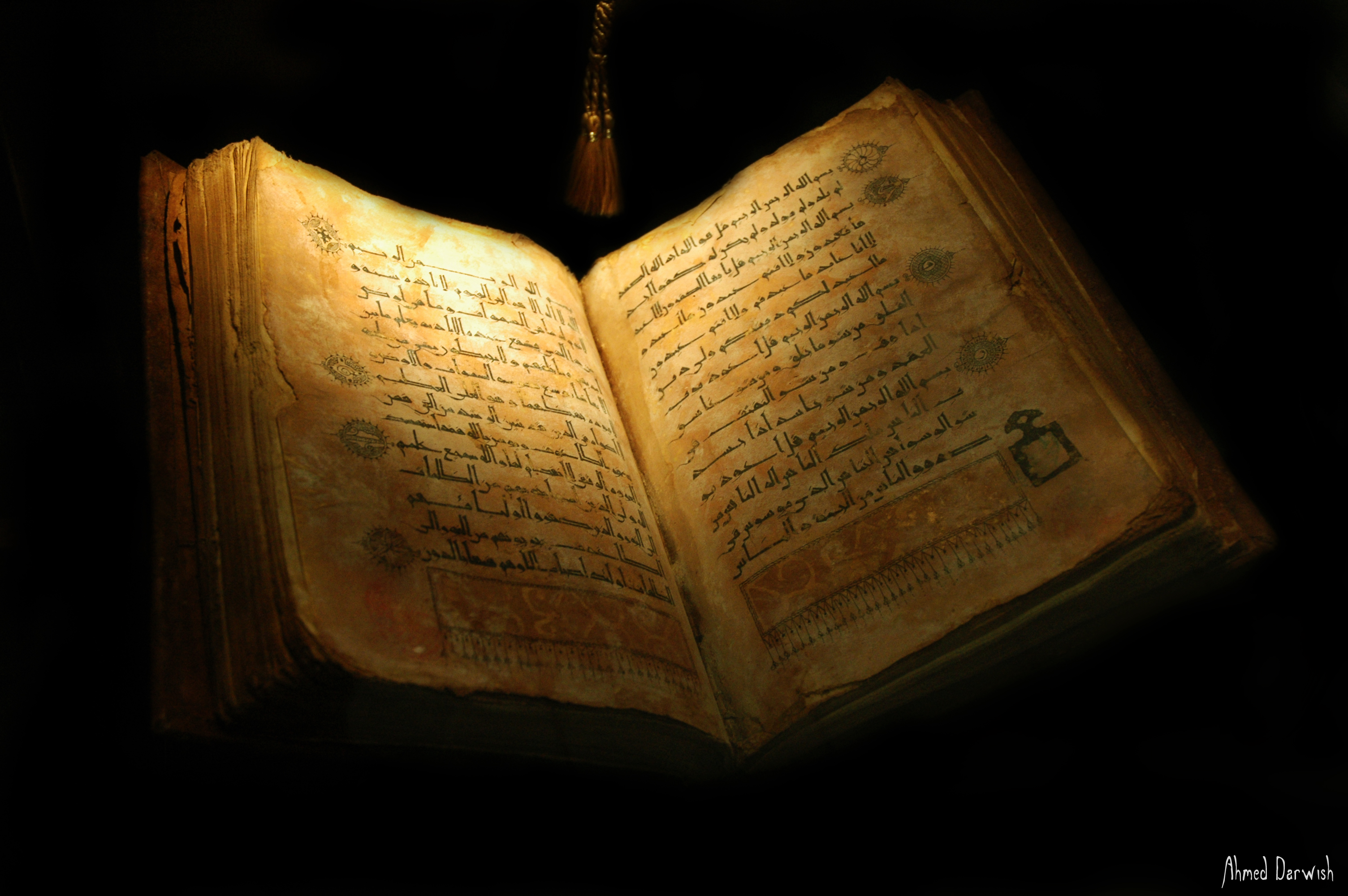These are notes taken from a seminar that took place on 24th December, 2015, at Muassaseh Fiqhi Aimmah Athar of Ayatullah Fazel Lankarani (d. 2007).
Topic: The Role of Arabic Grammar in Deriving Rulings
Speakers: Ustaad Shaykh Muhammad Qaeni (student of Sayyid Khoei) and Ustad Rabbani (a senior teacher from Mashad).
Sayyid Ali studied in the seminary of Qom from 2012 to 2021, while also concurrently obtaining a M.A in Islamic Studies from the Islamic College of London in 2018. In the seminary he engaged in the study of legal theory, jurisprudence and philosophy, eventually attending the advanced kharij of Usul and Fiqh in 2018. He is currently completing his Masters of Education at the University of Toronto and is the head of a private faith-based school in Toronto, as well as an instructor at the Mizan Institute and Mufid Seminary.





















































































